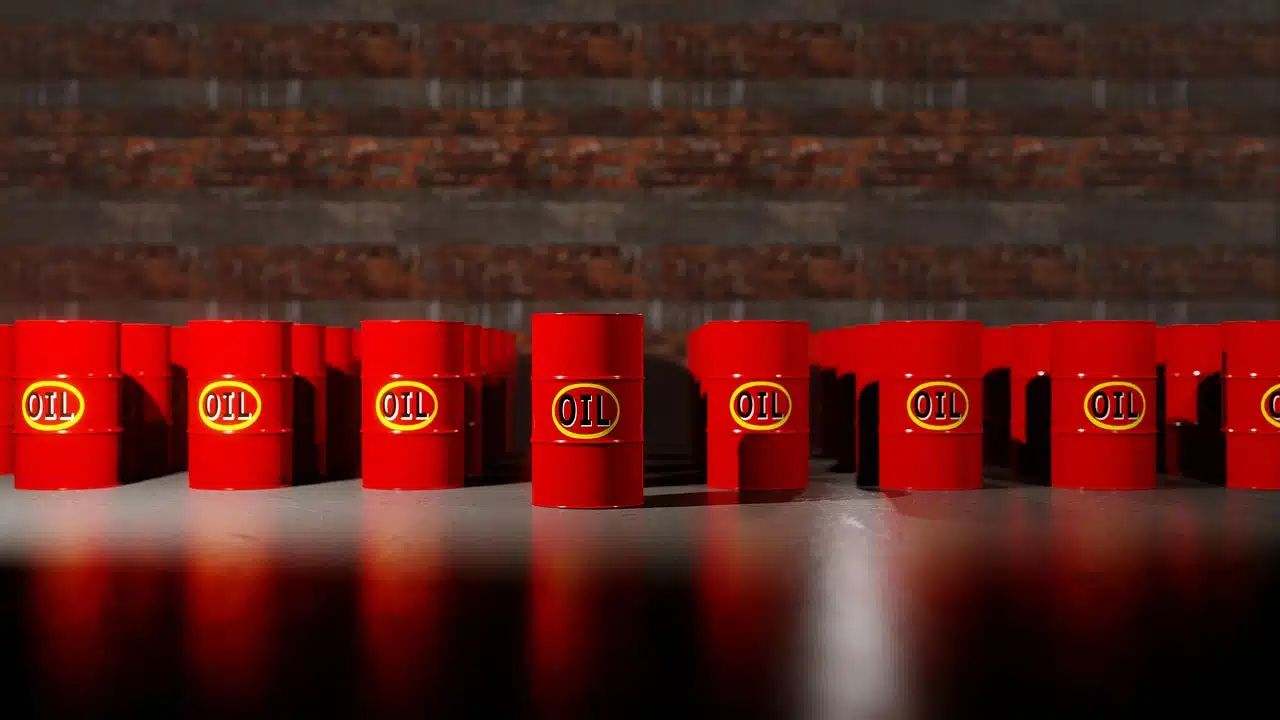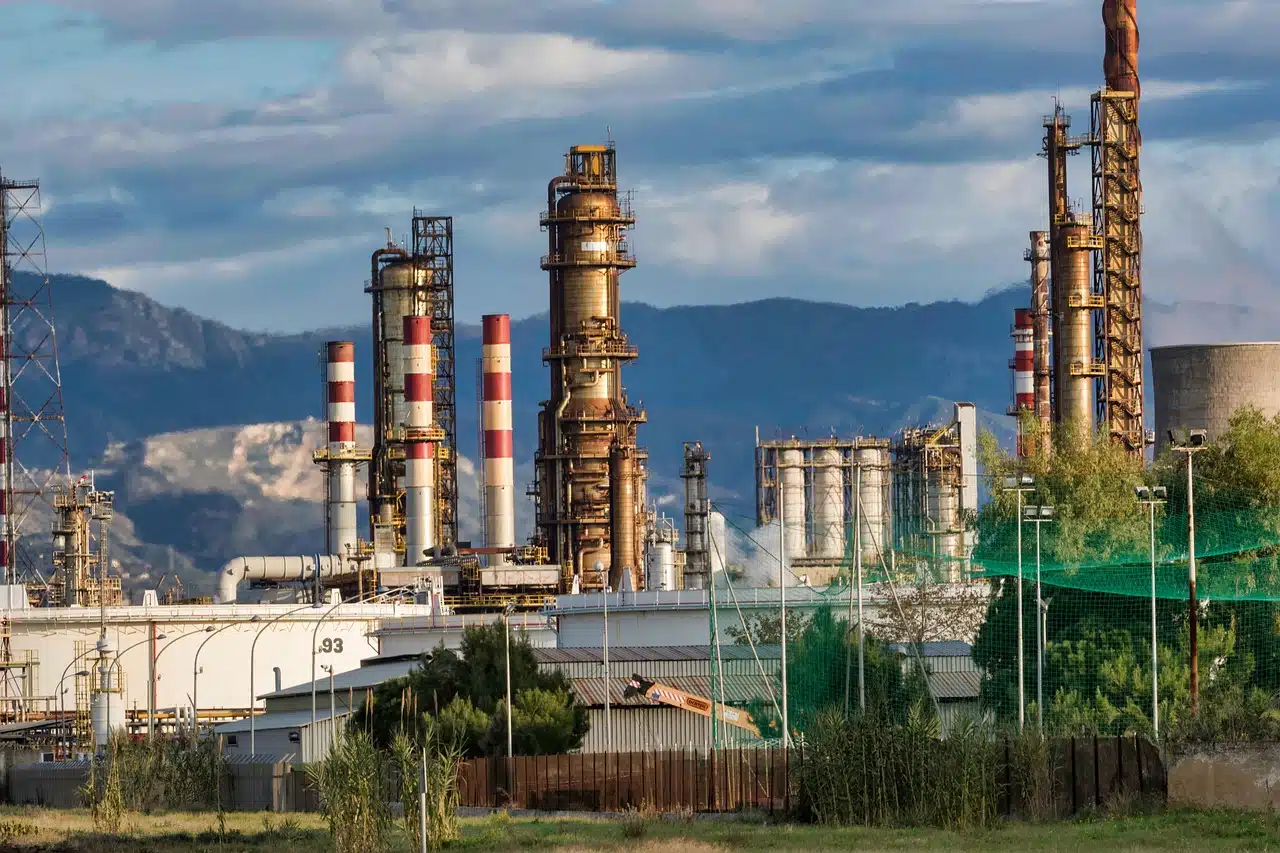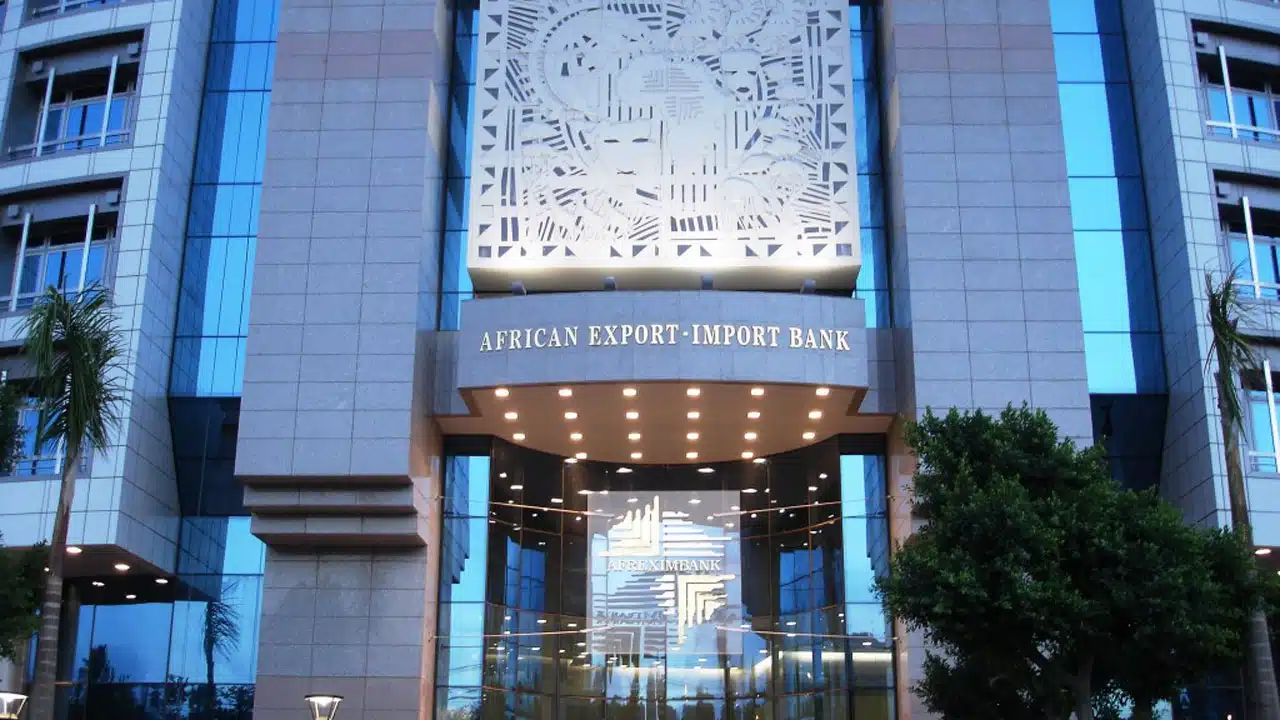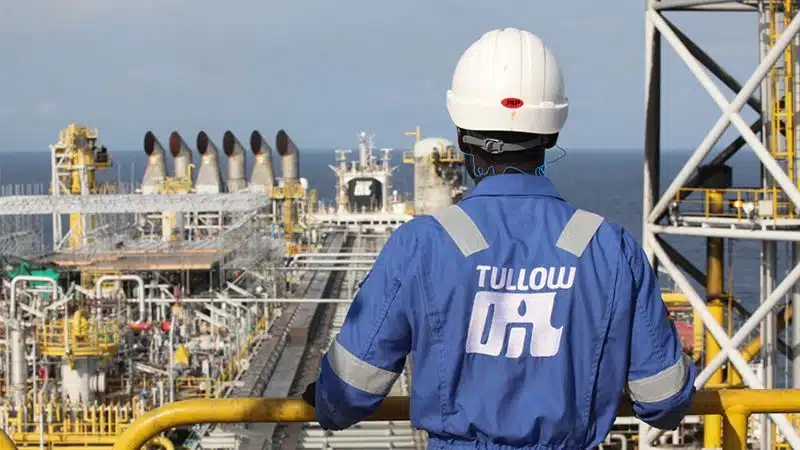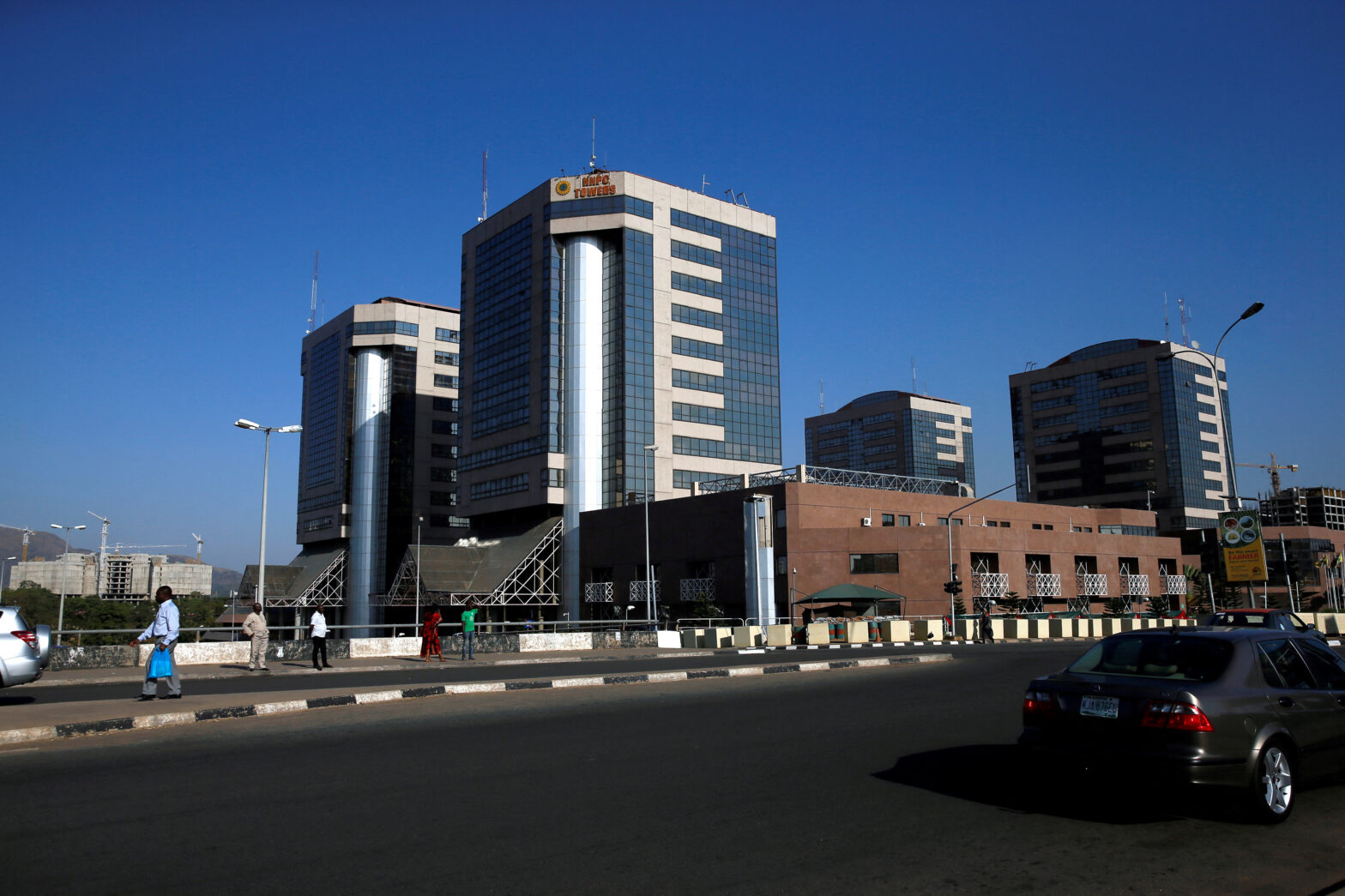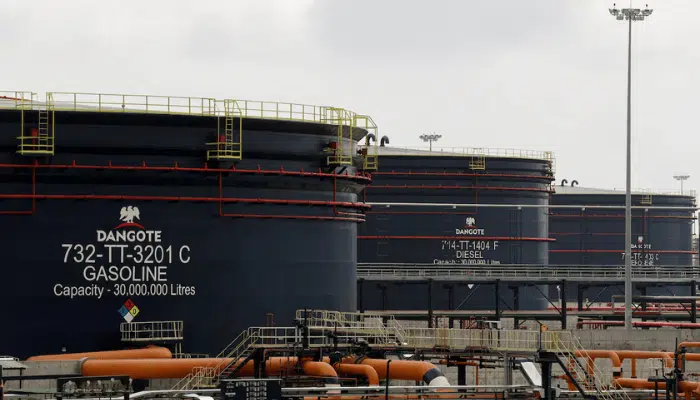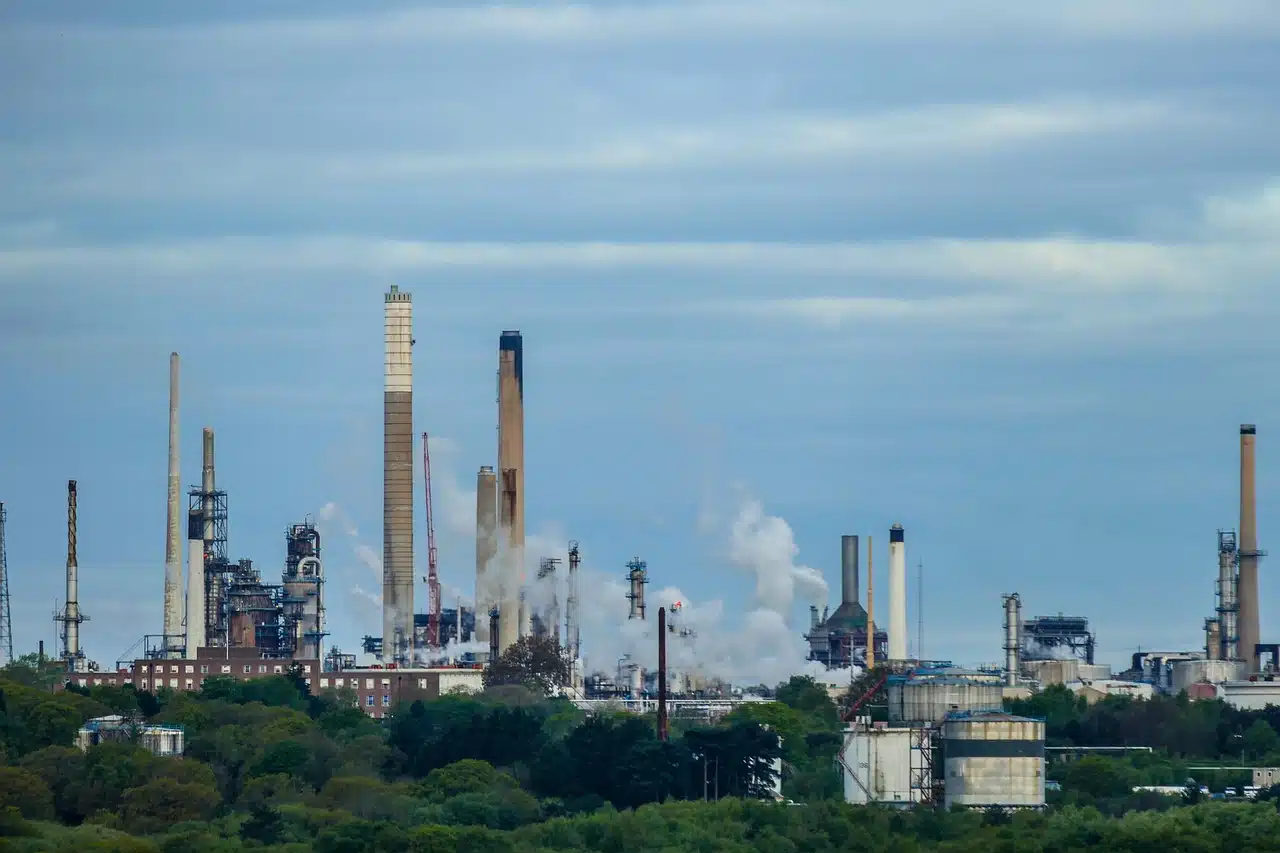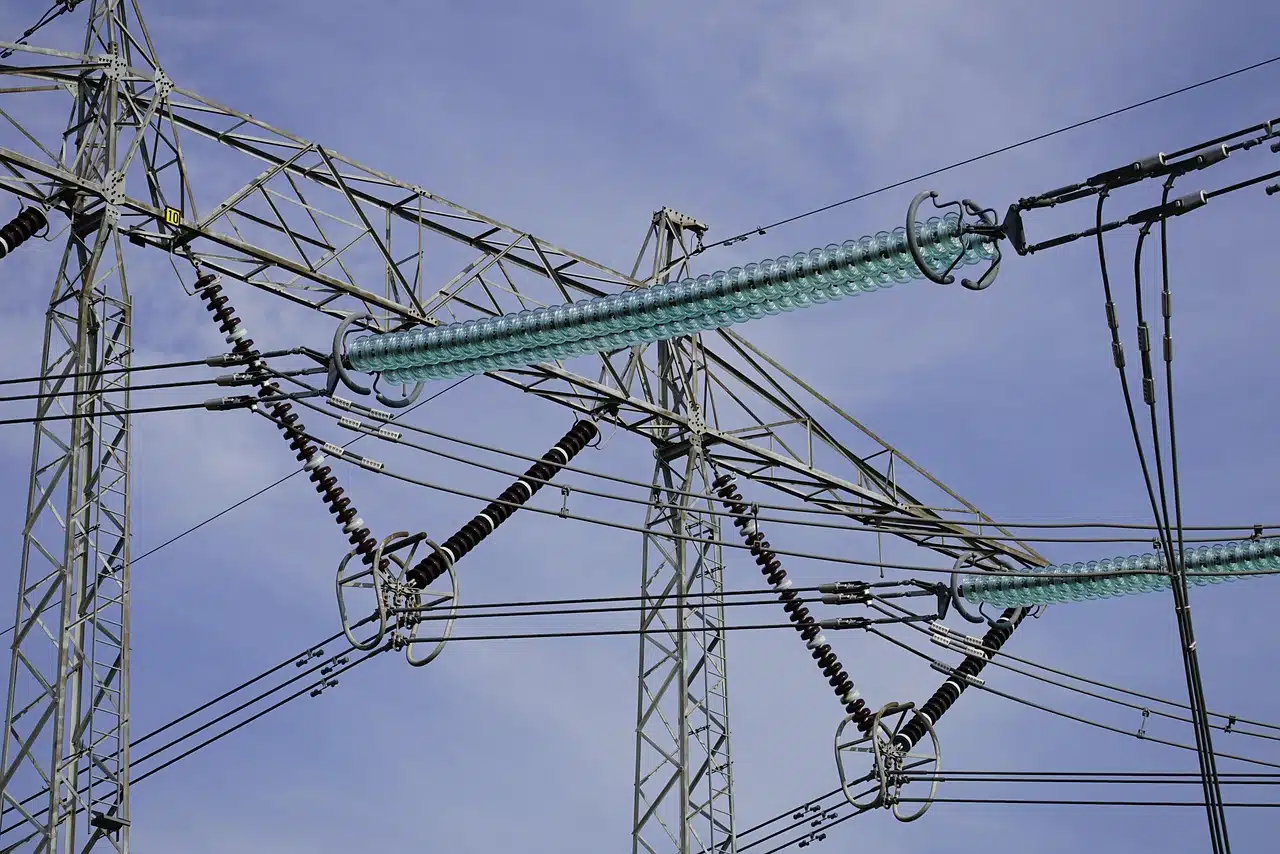South Africa is holding back plans to sell more crude oil from its strategic reserves, as officials wait for international oil prices to climb to around $100 per barrel before proceeding.
This move, according to the South African National Petroleum Company (SANPC), is intended to maximise value and preserve the country’s critical energy buffers.
Godfrey Moagi, chief executive officer of the SANPC, said in an interview with Reuters that the country will not sell at current global prices, which have recently hovered around $66 per barrel.
“The oil price is too low, so if you sell today you are going to empty the tanks,” Moagi said. “We are looking to sell at around $100 a barrel.”
The South African National Treasury had projected earnings of 4 billion rand (approximately $223.2 million) from selling more crude oil from the country’s reserves in the fiscal year ending March 2026.
However, Moagi’s remarks suggest that the target may be delayed, depending on the performance of the global oil market.
South Africa first considered the sale in 2022 when the government introduced a temporary fuel levy cut to cushion consumers against soaring petrol and diesel prices.
The measure came with the understanding that lost revenue would later be recouped through sales from the country’s crude reserves. At the time, Brent crude oil averaged about $99 a barrel.
By the 2023/24 fiscal year, 2 billion rand was reportedly transferred to the government, coinciding with Brent prices again nearing the $100 mark.
The remaining sale expected by the Treasury is therefore contingent on similar pricing conditions.
Currently, South Africa’s strategic reserves hold about 7.7 million barrels of crude.
Since 2022, the government has sold 2 million barrels to local petrochemical company Sasol and an additional 280,000 barrels to the local branch of French energy firm TotalEnergies.
These reserves are managed by the Strategic Fuel Fund Association, a ring fenced subsidiary of the SANPC, which Moagi oversees.
The delay in selling is largely influenced by international market dynamics.
Moagi noted that recent drops in global oil prices, driven by fears of an economic slowdown linked to geopolitical and trade uncertainties, make it unwise to sell at current levels.
In the past few weeks, Brent crude prices have dropped significantly, weighed down by concerns over a possible recession fuel by U.S. policy tensions.
On Wednesday, Brent traded around $66 per barrel far below the country’s preferred threshold for selling.
“We have to sell at the right level to make sure we still have strategic stocks,” Moagi stated. “We can’t act prematurely.”
The government’s strategy indicates a preference for fiscal prudence, ensuring that any release of reserves provides sufficient financial returns without compromising national energy security.

